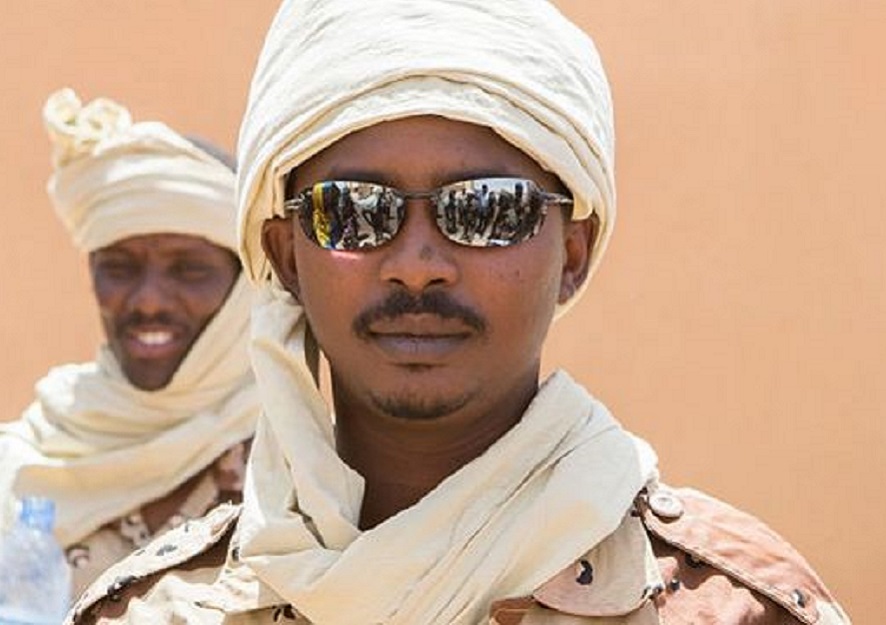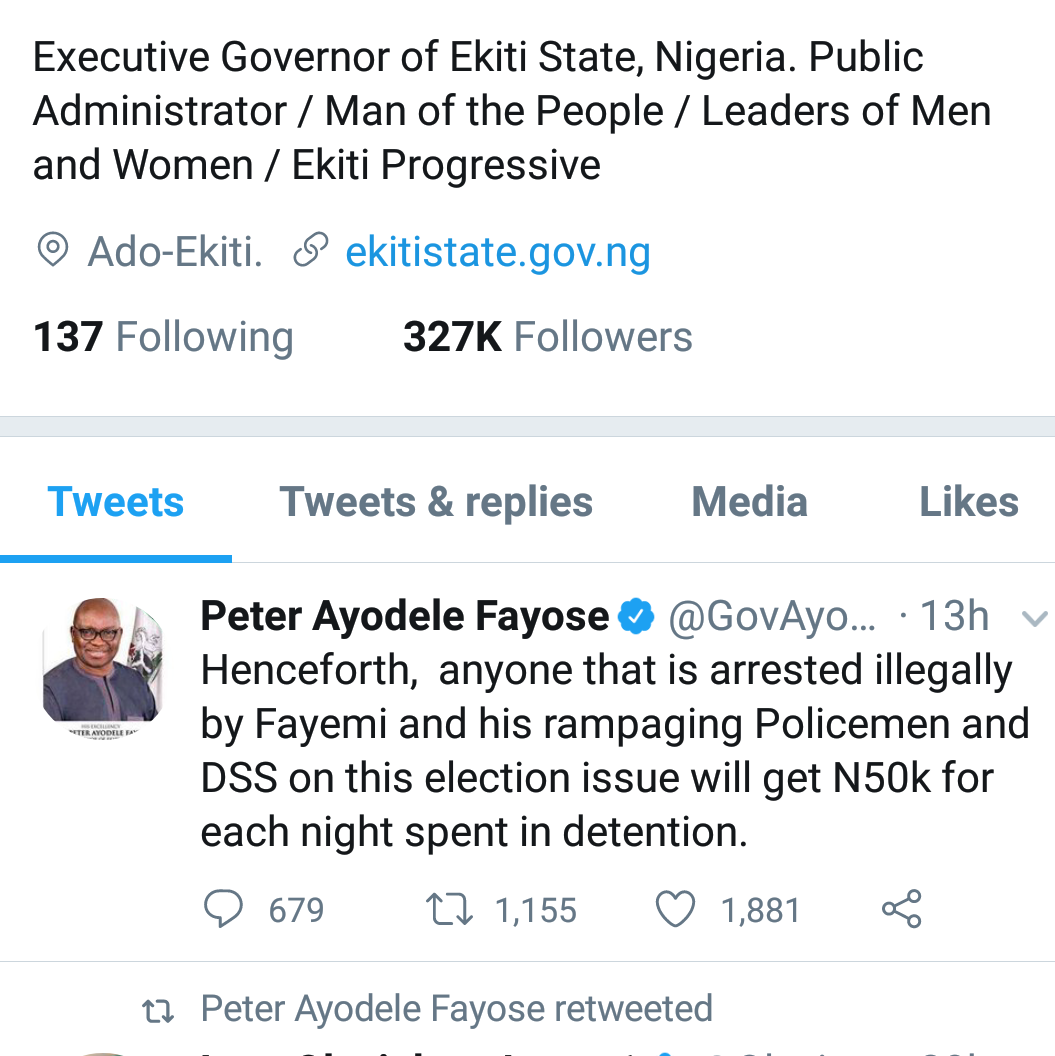
There is no force as strong as the collective will of the people
When the people said no to their president: from Arab Spring to African Political Sentience
By Kelechi Okoronkwo, Nigeria
There is no force as strong as the collective will of the people. Political theorist, John Locke, who ascertained the domicile of power, eventually discovered that power is domiciled with the people. Locke, in his Two Treatises of Government, published in 1690, argues that it is the people that give power to the ultimate ruler. And in extension, the ultimate ruler can only exercise that power to the extent he is allowed by the people.
Appraisals of events around social contracts from the Arab Spring in the wake of this decade to the current political sentience in parts of Africa, could persuade our thinking to align with Locke’s and other liberal thinkers that there is no force as strong as the collective will of the people.
So, we cannot over-emphasize the place of the people in any social contract. Lord Acton says Power tends to corrupt and absolute Power corrupts absolutely, yes. But the absoluteness of power rules and corrupts the society where the people have not made a collective decision to stand up to power.
We may take a look at the leadership revolutionary waves in parts of Africa and the middle east in 2010, technically called the Arab Spring or Arab revolutions. There were both violent and non-violent demonstrations, protests, riots, coups, foreign interventions, and civil wars in North Africa and the Middle East that began on 17 December 2010 in Tunisia with the Tunisian Revolution. This saw the overthrow of Zine El Abidine Ben Ali who fled into exile in Saudi Arabia.
The Tunisian Revolution effect spread strongly to five other countries: Libya, Egypt, Yemen, Syria and Bahrain, where either the regime was toppled or major uprisings and social violence occurred, including riots, civil wars or insurgencies. Sustained street demonstrations took place in Morocco, Iraq, Algeria, Iranian Khuzestan, Lebanon, Jordan, Kuwait, Oman and Sudan. Minor protests occurred in Djibouti, Mauritania, the Palestinian National Authority, Saudi Arabia, and the Moroccan-controlled Western Sahara. A major slogan of the demonstrators in the Arab world is ash-shaʻb yurīd isqāṭ an-niẓām (“the people want to bring down the regime”).
Three things ran through the Arab Spring power experiment: one, long overbearing rulership of the people, characterised by taking the people for granted in the decision-making processes such as in the electioneering processes and also in the policy executions. The second part is the point of satiation where the people got fed-up and pushed to the wall. That was the point the people realised that they could not take the oppression any longer. The third part is a reaction. It might be premeditated or unpremeditated. There might be hope or no hope of success at the end of the reaction. But the people had to react in a certain way. And the rest is the story.
This decade too saw a wake into increasing political awareness and participation and ‘exorcisation’ of the spirit of obstinate tolerance with breaches of democracy principles. Examples are Ghana (2009), Nigeria (2015), Zambia (2016), Zimbabwe (2017) and South Africa (2018).
In West Africa, Ghana’s election in 2009 was a spike to possibilities of an incumbent president losing re-election. Prof. John Atta Mills of the opposition National Democratic Congress (NDC) won Ghana’s presidential election, narrowly defeating Nana Akufo-Addo of the ruling New Patriotic Party (NPP). Kissy Agyeman, Africa analyst at London-based consultancy Global Insight, told Reuters before the result was announced that the people needed change in power ‘outages and corruption’ and they had voted for change. “I think there is demand for change … power outages and corruption in the NPP have really been the key issues for people,“ she said.
In Nigeria, 2015 was remarkable. An incumbent president, Goodluck Jonathan was defeated by the collective will of the people. Former military ruler Muhammadu Buhari became the first opposition candidate to win a presidential election in that West African country. Gen Buhari beat Jonathan by more than 2.5 million votes.
Nigeria returned to democracy in 1999 after some 13 years of military rule. The newly formed party, the Peoples Democratic Party (PDP) won the election and remained in power till 2015. The PDP often boasted to hold power for 60 years. Opposition elements accused the PDP of monumental corruption. The government of Goodluck Jonathan was most vilified on corruption and incapacity to fight insurgency. Buhari rode to power on the back of change.
The year 2017 saw the end of a 37-year rule of Robert Mugabe in Zimbabwe. Mugabe perpetuated himself in power amidst official corruption and high-handedness. At 93, Mugabe was weak and senile. But instead of organising a popular democratic transition, Mugabe started working towards his wife, Grace, succeeding him. But the people said no to that. The people preferred that Emmerson Mnangagwa, Mugabe’s deputy who had fallen out with Mugabe, should become their president. The people called this forth until Mugabe was forced to resign on November 21, 2017.
In South Africa, former President, Jacob Zuma did not retire in peace. The people forced him to resign following allegations of corruption. The people preferred Zuma’s Deputy, Cyril Ramaphosa, who was seen as a more honourable person, to Zuma. First, Zuma was stripped of his position as the leader of the ruling African National Congress (ANC). And ahead of the country’s general election in 2019, Zuma was forced to resign on February 15, 2018.
In Gambia, dictator Yahaya Jammeh was in power for 22 years. And he became a sort of demi-god. But the people deposed and sent him on exile in December 2016 after he refused to hand over to a popular government of Adama Barrow. Barrow of the opposition party, the United Democratic Party (UDP) won the country’s election with 263,515 votes (45.5%) while President Jammeh took 212,099 (36.7%) A third party candidate, Mama Kandeh, won 102,969 (17.8%). But Jammeh refused to handover power. The people stood strong with Barrow until the baggy-wearing Jammeh was sacked completely.
The people wield enormous powers therefore. The power to make the ruler and the power to mar the ruler. But in political spaces where the people fail to understand the enormity of their powers, ultimate rulers hold sway and continue to take the people for granted.
Again, there is no force as strong as the collective will of the people. This has been demonstrated in several fronts and it will continue to test valid. The earlier, we the people understand this, the better for all of us.
Kelechi Okoronkwo, a writer and Public Relations Executive sent in this piece from Abuja.




Recent Comments